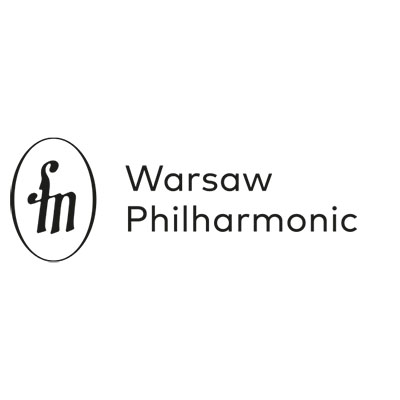
Warsaw Poland – Warsaw Philharmonic – Vaughan Williams, Rachmaninov
Vasily Petrenko, conductor
Mirjam Mesak, soprano
Dmytro Popov, tenor
Andrii Kymach, baritone
Warsaw Philharmonic Choir
Bartosz Michałowski, choir director
Warsaw Philharmonic Orchestra
Vaughan Williams: Symphony No. 2 ‘London’
Rachmaninov: The Bells, Op. 35 for soprano, tenor, baritone, choir and orchestra
VENUE NOTE
This concert programme will feature two symphonic works which in many respects it seems justifiable and interesting to compare. They were written at exactly the same time: 1912–1913. Their composers, almost contemporaries, might be numbered among the first generation of twentieth-century modernists, although neither of them is actually a modernist. They came from different cultural circles, and their music displays many stylistic differences, yet they moved within the same late Romantic tradition, to which they would remain faithful throughout their creative careers.
Sergei Rachmaninov’s The Bells is an elaborate symphony-cantata for soloists and choir, based on a text taken from Edgar Allan Poe’s poem The Bells (in Russian translation). A bell motif appears repeatedly in Rachmaninov’s work, both in the semantic sense (title, text) and in the purely musical sense. This can be interpreted as an expression of the composer’s strong connection to the Russian cultural and religious tradition, in which bells played an extremely important role. This four-movement work refers in its text to the significance of the bell in the four phases of human life, between childhood and death. The existential meaning of the verse, as well as the ecstatic style of the entire composition, seems to be inspired not only by the native Russian tradition, but also by the work of Gustav Mahler.
The motif of bells, shown in a more direct, illustrative connection with the London soundscape, also appears in Ralph Vaughan Williams’s Symphony No. 2. This vividly colourful, evocative work, written with orchestral panache, evokes – as the author’s commentary indicates – nostalgic images of a city with which one of the most outstanding English composers of the twentieth century felt strongly connected.

